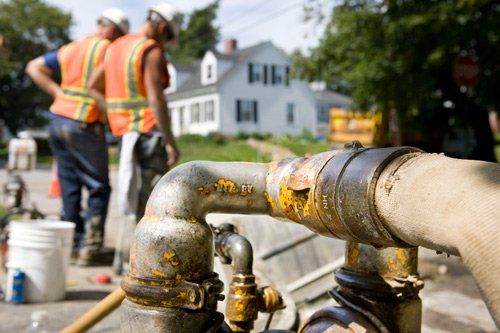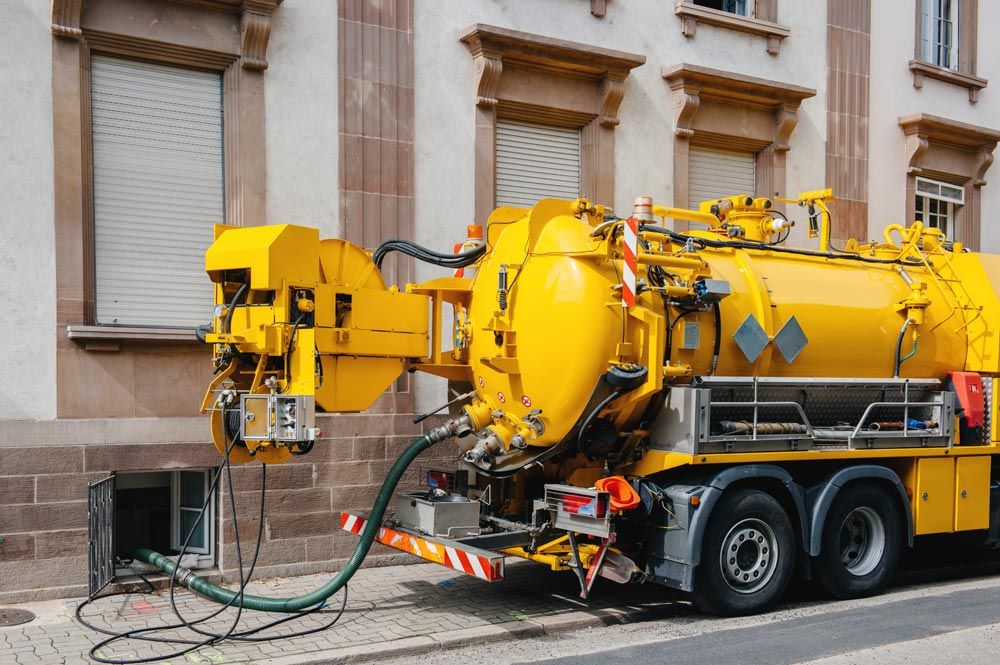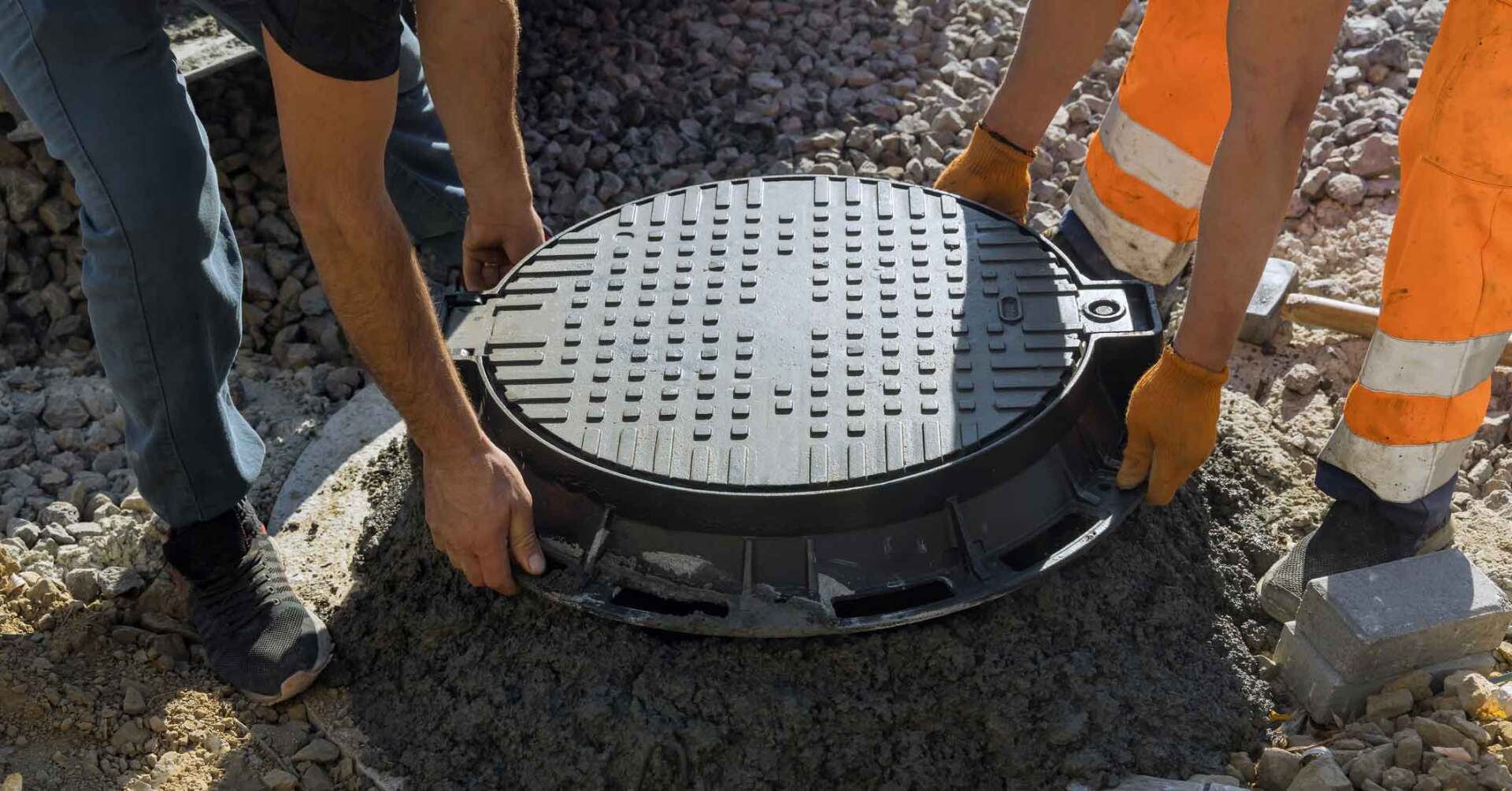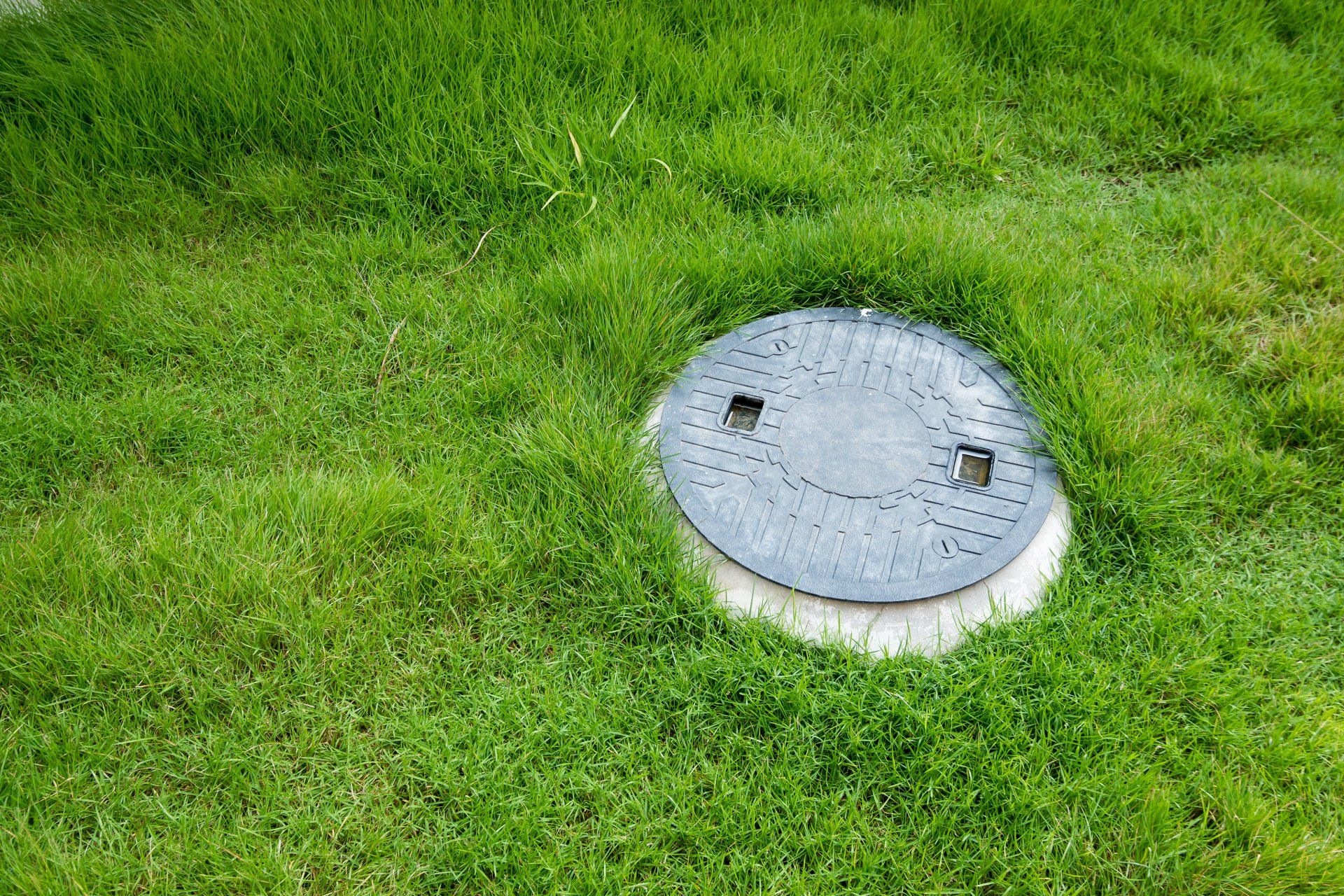You've seen the ads for flushable wipes just about everywhere. They're those pre-moistened tissue products that claim to help keep you cleaner than regular toilet paper does. These bathroom products are much like the baby wipes that you used on your little one. But, they also have "flushable" claims as part of the sales pitch.
Instead of having to toss the soiled wipe in a garbage can, these wipes manufacturers say you can just put them into the toilet, flush and have peace of mind as they're safely, and hygienically, taken away. No muss, no fuss – and no mess.
Even though most of these wipes come with the guarantee that they're safe for septic systems, you may wonder if they're really okay to flush. Take a look at what these wipes really do after you flush them.
What Are Wipes Made Of?
The plumbing in your home, and the pipes that carry wastewater to treatment plants, are made to handle human waste and toilet paper. That's why flushing other products, such as sanitary pads, can quickly cause clogs and major damage.
Most types of toilet paper are made from recycled or natural cellulose fibers. These easily break down. You can see this in action when you run a piece if toilet paper under the faucet. It probably doesn't stand up to the stream. While this might make it seem flimsy, it actually works well when it comes to passing through your home's plumbing.
Wipes are made from cellulose or synthetic fibers. Cellulose-made wipes have a degradable binder that is supposed to help them break down. Synthetic wipes don't. That means they're strong and stay intact. This can cause problems in the pipes after flushing.
What Happens in Treatment Plant Pumps?
What happens after the wipes leave your toilet bowl? They travel along the pipes and eventually make their way to water treatment plants. Some areas are noticing a growing problem when it comes to handling these products at the plant pumps. The Washington Suburban Sanitary Commission had to install specialized grinders at some of their wastewater pumping stations just to handle the wipes in the pipes. This fix for the so-called flushable wipes came at a $1 million price tag.
The wipes can get caught on the machinery used to process the wastewater, causing damage. Washington isn't the only place having wipe issues. The city of Wyoming, Minnesota filed a class-action lawsuit against six different makers of these supposedly flushable wipes, alleging that the products have caused harm to their infrastructure.
What Causes the Confusion?
Part of the problems with wipes isn't whether they're flushable or not. It's whether consumers know if they're flushable at all. Yes, the degradable cellulose wipes do break down (at least, more than other wipes do). But not all consumers will carefully read packaging or know where to find the fiber content in the wipes. If you don't know what your wipes are made from, you won't know if you can or can't flush them safely.
Even if a product claims it's completely safe or even says, "Septic system safe," it may not be. Some experts worry these claims come from testing that isn't rigorous enough. When it comes down to it, many of these "wipes" can cause back-ups at home, in sewer lines and in treatment plants.
When in doubt, skip the wipes. They're really not necessary and they may end up causing you more than a few plumbing headaches. That's not to mention the costs that come with the damage they can cause.
To learn more about septic systems and your home or business, contact
GYST Consulting at 800-221-3159 for more information.






